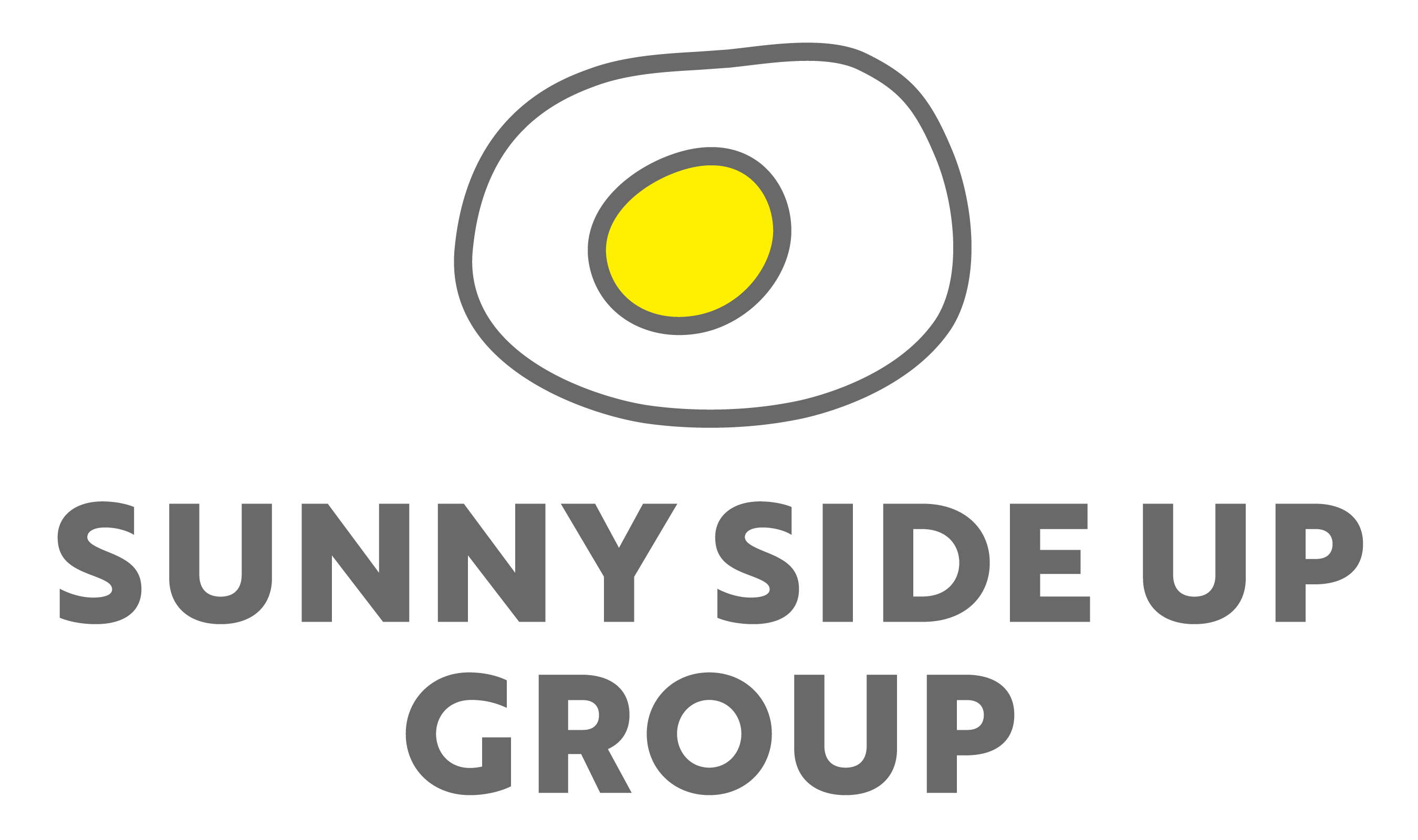

SUNNY SIDE UP GROUP

Tokyo, Japan
June 2024
Advertising & market research
Service with Minor Environmental Footprint
Japan,
South Korea
Established in 1985, SUNNY SIDE UP GROUP (SSUG) is Japan's leading PR communication group, offering a wide range of services including comprehensive public relations, brand communications, sales promotion, business development, digital solutions, and sports/influencer marketing. Leveraging the power of communication, the company has managed world-renowned Japanese athletes, helping them achieve global recognition, and actively works on creating social movements and promoting solutions to social issues through its expertise in public relations. In 2020, the company transitioned to a holdings management system, expanding its coverage to a broad range of communication fields. SSUG is listed on the standard market of the Tokyo Stock Exchange and ranked 32nd in the "Global Top 250 PR Agency Ranking 2024." The company also won the gold award in the “PRWeek Asia Best Places to Work 2021,” the “Corporate Communications - Agency” category in IPRA’s “GOLDEN WORLD AWARDS 2022,” and the “Commendation” award in the “Diversity and Inclusion Company of the Year” category in the PR Awards Asia-Pacific 2024.
Overall B Impact Score
Governance 15.0
Governance evaluates a company's overall mission, engagement around its social/environmental impact, ethics, and transparency. This section also evaluates the ability of a company to protect their mission and formally consider stakeholders in decision making through their corporate structure (e.g. benefit corporation) or corporate governing documents.
What is this? A company with an Impact Business Model is intentionally designed to create a specific positive outcome for one of its stakeholders - such as workers, community, environment, or customers.
Workers 37.3
Workers evaluates a company’s contributions to its employees’ financial security, health & safety, wellness, career development, and engagement & satisfaction. In addition, this section recognizes business models designed to benefit workers, such as companies that are at least 40% owned by non-executive employees and those that have workforce development programs to support individuals with barriers to employment.
Community 18.3
Community evaluates a company’s engagement with and impact on the communities in which it operates, hires from, and sources from. Topics include diversity, equity & inclusion, economic impact, civic engagement, charitable giving, and supply chain management. In addition, this section recognizes business models that are designed to address specific community-oriented problems, such as poverty alleviation through fair trade sourcing or distribution via microenterprises, producer cooperative models, locally focused economic development, and formal charitable giving commitments.
Environment 9.9
Environment evaluates a company’s overall environmental management practices as well as its impact on the air, climate, water, land, and biodiversity. This includes the direct impact of a company’s operations and, when applicable its supply chain and distribution channels. This section also recognizes companies with environmentally innovative production processes and those that sell products or services that have a positive environmental impact. Some examples might include products and services that create renewable energy, reduce consumption or waste, conserve land or wildlife, provide less toxic alternatives to the market, or educate people about environmental problems.
Customers 2.9
Customers evaluates a company’s stewardship of its customers through the quality of its products and services, ethical marketing, data privacy and security, and feedback channels. In addition, this section recognizes products or services that are designed to address a particular social problem for or through its customers, such as health or educational products, arts & media products, serving underserved customers/clients, and services that improve the social impact of other businesses or organizations.